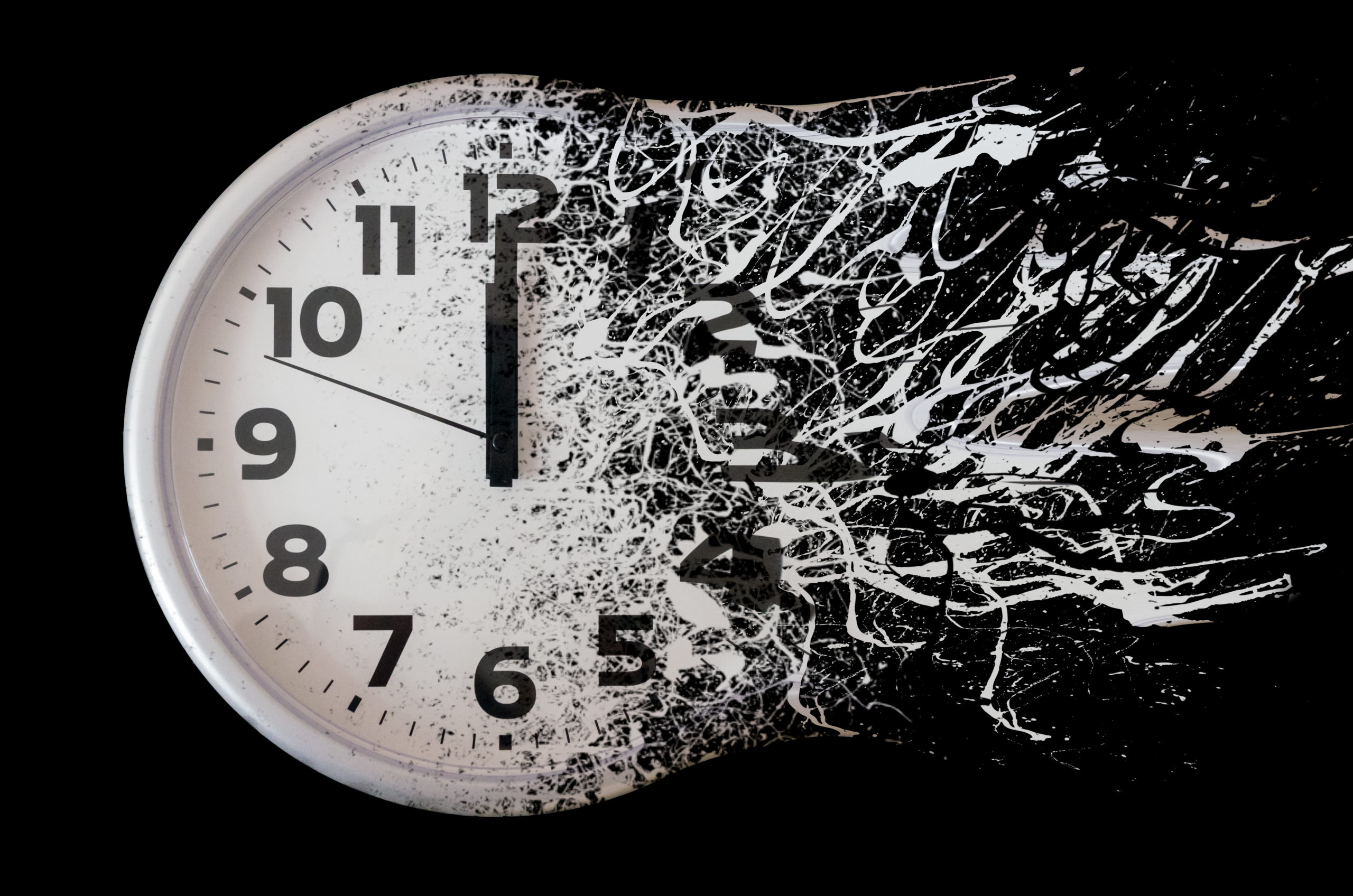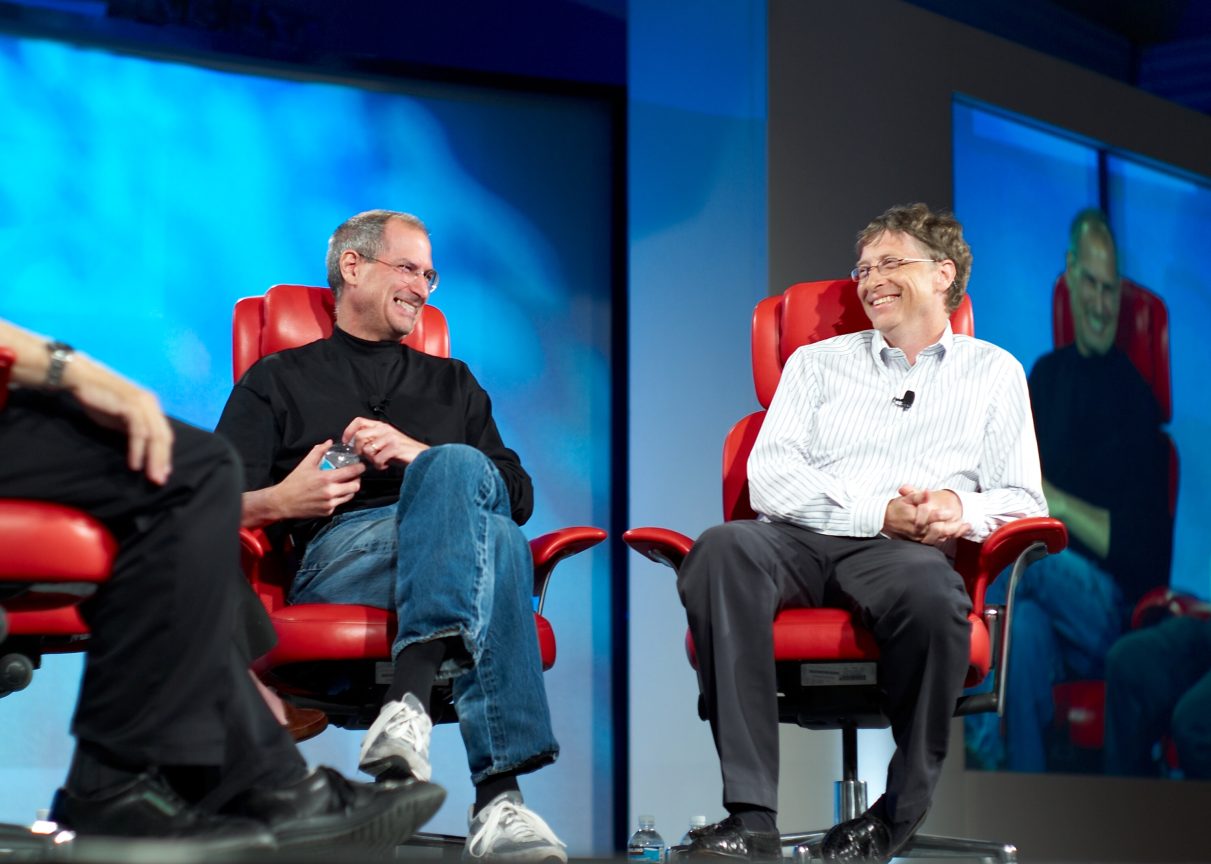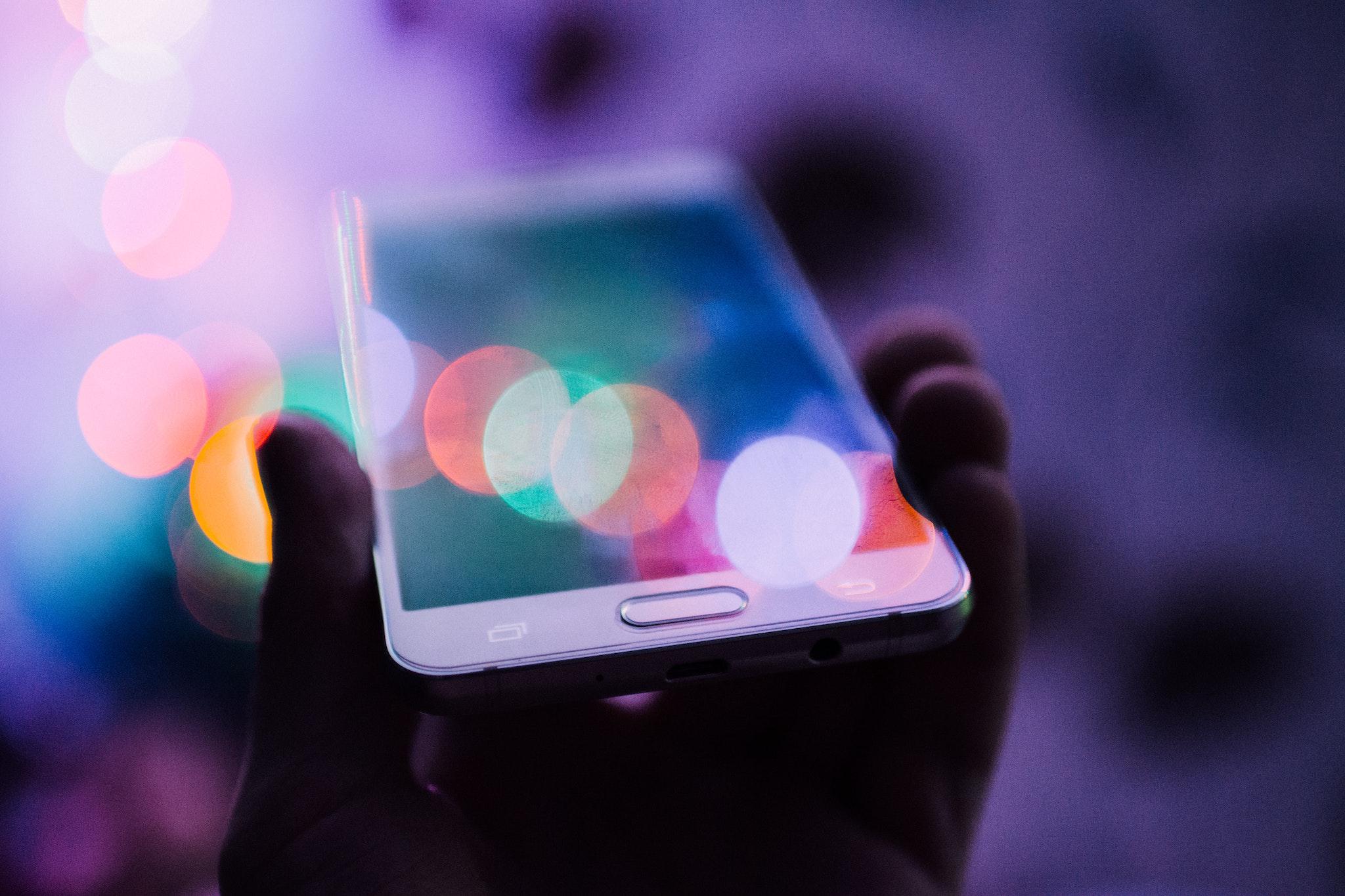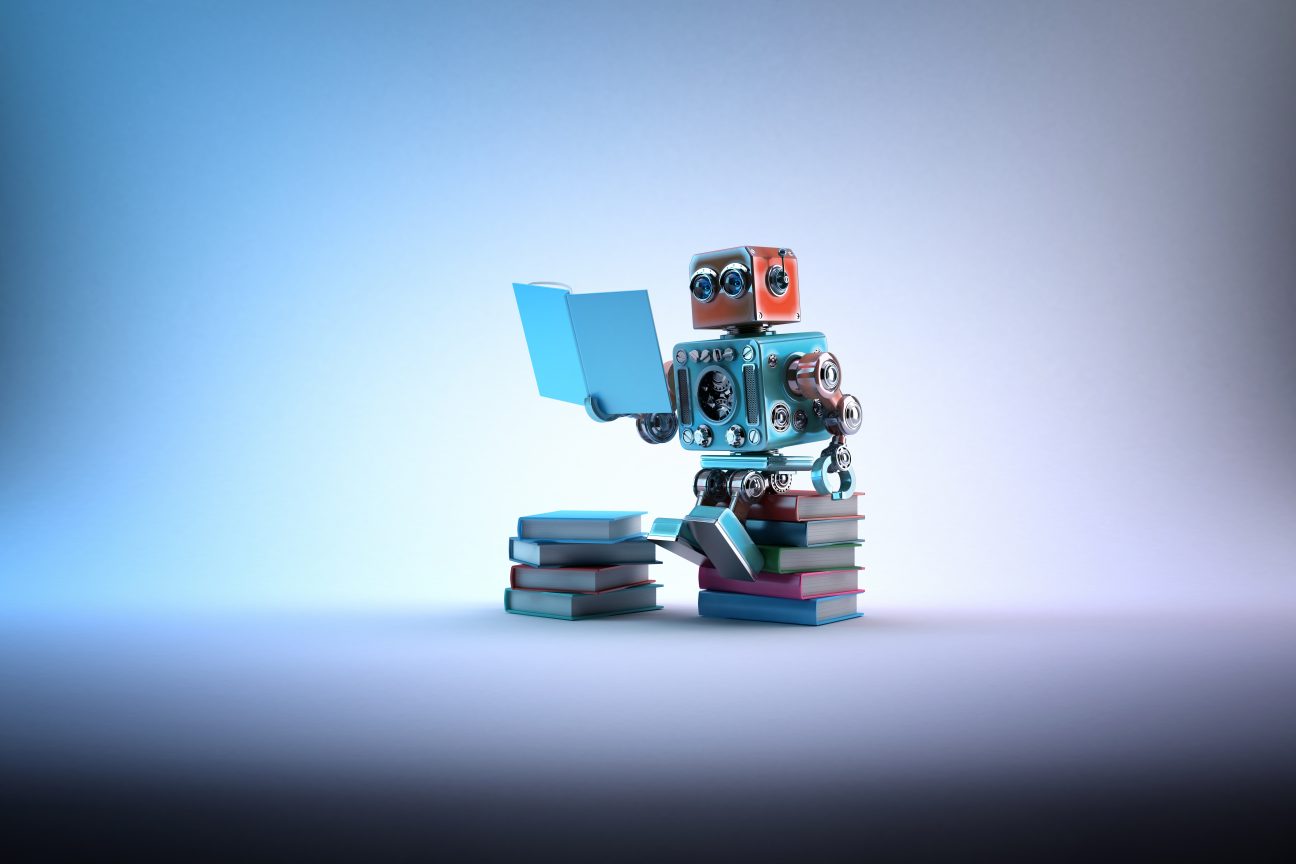Misinformation is rampant—but it is the Internet.
Search Results
You searched for: Internet
Everyone has pondered what they would do with an extra hour a day. Would they get more sleep or spend more time with family? Spend time on a side project […]
Intrapreneurs tap into the spirit of entrepreneurialism to innovate and find personal meaning at work, but organizations need to celebrate their efforts more.
Can playing video games really curb the risk of depression? Experts weigh in.
From forecasting stock prices to diagnosing disease, Swarm AI enables better group decisions.
It doesn’t help that Hollywood has cast the ‘coder’ as a socially challenged, type-first-think-later hacker, inevitably white and male.
After mammoth investments and two decades of anti-aging research, what do immortality proponents have to show for it?
Protect yourself and your personal information at all times on the internet.
Educators and administrators must build new supports for faculty and student success in a world where the classroom might become virtual in the blink of an eye.
Teaching community organizers via WhatsApp yields encouraging results in South Africa, according to MIT Governance Lab research.
Google is probably wrong about your health condition.
New research from MIT is unintuitive but could lead to a better system.
These people had no access to magazines and, generally, no access to the internet.
Fear that new technologies are addictive isn’t a modern phenomenon.
Even a year like 2020 couldn’t prepare Americans for the first few weeks of 2021. The year’s opening act was a siege on the U.S. Capitol by a mob of […]
Your health and the health of the planet are not indistinguishable.
Estonia has combined a belief in learning with equal-access technology to create one of world’s best education systems.
Lovers are parted from lovers, (grand)parents from children, families from their dead.
The world is changing, and technology is driving that change. Today, that observation is about as compelling as the insight that water runs downhill. It’s just what technology (and water) […]
Topologists can’t tell donuts from coffee mugs, but their maps are revelatory nonetheless.
“One way the internet distorts our picture of ourselves is by feeding the human tendency to overestimate our knowledge of how the world works,” writes philosophy professor Michael Patrick Lynch.
A new interactive documentary “How Normal Am I?” helps reveal the shortcomings of facial recognition technology.
Dennis Klatt developed trailblazing text-to-speech systems before losing his own voice to cancer.
The line between work and play has became blurred during the pandemic.
What we can learn from our complicated relationship with boredom.
While this has been a popular debate, the evidence suggests there isn’t a strong link between pornography use and erectile dysfunction (ED).
Fifty years ago at UCLA, the first message was sent over the predecessor to the internet.
▸
with
Using modern tools, a team of astronomers uses celestial sleuthing to figure out when Vermeer painted his masterpiece “View of Delft.”
Could we have predicted COVID-19 through social media trends?
Is Bitcoin akin to ‘digital gold’?





























